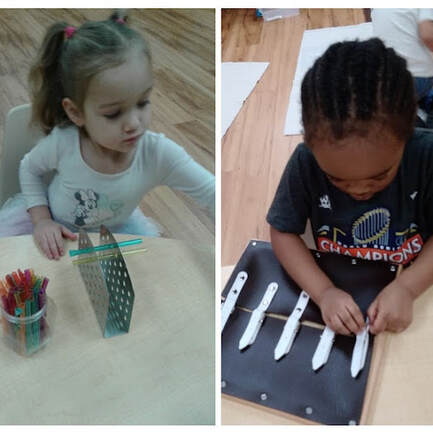Book A Tour & Get Half Off Registration (limited time only)
Contact Us
|
|
Home | About Us | Programs | Curriculum | Contact Us | Careers | Privacy Policy | NCI | CCA
| Child Care Learning Center | Daycare Center |
| Child Care Learning Center | Daycare Center |
We serve Spring, The Woodlands, Humble, Conroe, Tomball, Cypress and Houston areas.
Blossoms Montessori School All Rights Reserved.
Blossoms Montessori School All Rights Reserved.

